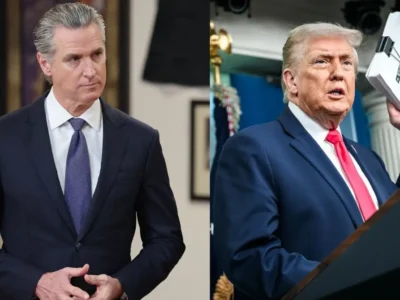Time to End FERC’s Misguided Effort to Fix Wholesale Power Prices
A FERC ruling tilts the playing field against renewable energy. It should be repealed.
In 2018, the Federal Energy Regulatory Commission (FERC) decided that state clean energy policies were distorting energy markets operated by PJM, the country’s largest grid region. That, at least, was the view of the Commissioners who were appointed by Republican presidents. PJM, which runs the electricity grid more or less from Chicago to Maryland, has now decided that FERC’s idea is unworkable. It’s planning to ask FERC to change its rule before the rule does real damage.
FERC’s logic about state renewable energy policies was always twisted. Because they provided incentives for utilities to buy renewable energy, FERC ruled, those incentives should be considered subsidies. It directed grid operators to introduce new policies to counter those subsidies and halt the the rise of clean energy. Although wholesale electricity markets are supposed to be deregulated, with prices set by competition, FERC required fixed prices for new renewables (called MOPRs – don’t ask!). FERC’s remedy will cost consumers in PJM billions of dollars, in the names of perfecting market competition.
As PJM pointed out last week, almost all the states in its area of the grid now have energy policies favoring certain power sources, so what was supposed to be a limited remedy now threatens to unwind the whole idea of competitive power markets. If FERC is so good at knowing what power should cost, why not just set all the prices rather than having markets in the first place?
The issue involves the PJM capacity market — which, despite the name, is not a market where buyers actually end up owning anything. Instead, it’s a regulatory contrivance for ensuring that enough new generation is built. Essentially, the market generator figures out how much power will be required in the future. Power producers then offer commitments to produce the required amount of electricity. The producers who offer to do so most cheaply win, and utilities are then charged a share of the total amount based on their projected future needs. The utilities don’t end up with an enforceable (let alone marketable) right to purchase power at any particular price from any particular producer, which is why it’s not a real market.
FERC’s theory is that state policies allow renewables to give artificially low bids, depressing the market price. FERC seems to have lost track of a basic principle of energy law, laid down by the Supreme Court in a case called Hope Natural Gas. That principle says that the test for prices in energy markets isn’t based on theoretical nicety but on pragmatism: whether the industry will get sufficient income to meet consumer needs and raise investment funds for the future.
Based on that pragmatic test, there’s no problem. PJM has more generating capacity than it needs, and a lot of renewables in the pipeline will replace less efficient older plants. FERC’s MOPR rule, or rather, its amended rule (again, don’t ask!) will raise costs for consumers, since utilities will be forced into the capacity market to compensate fossil fuel plants for commitments to produce power that isn’t actually needed.
In effect, the PJM capacity market will subsidize the construction of new natural gas plants that aren’t really needed — at a cost to consumers estimated in the billions of dollars. Faced with this threat to their consumers, several states have threatened to leave the capacity market altogether.
FERC’s MOPR rule has been harshly criticized by just about all the independent experts. In addition to its economic flaw, it’s got a major federalism problem. Congress reserved control over the power generation mix to the states. If FERC doesn’t like the results, it should have a better reason to intervene than some fanciful market distortion.







Reader Comments